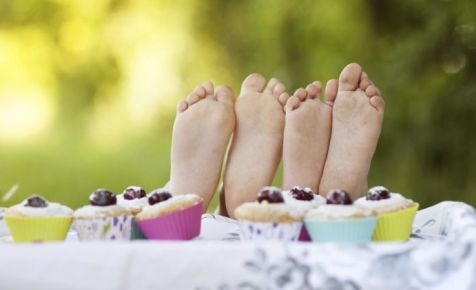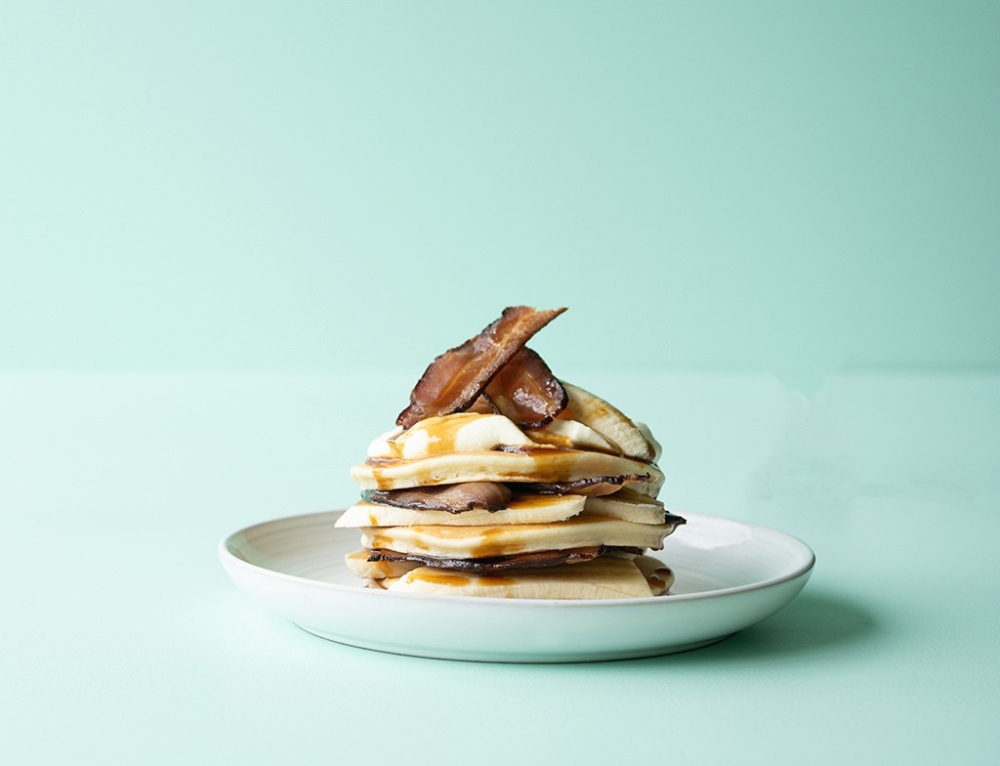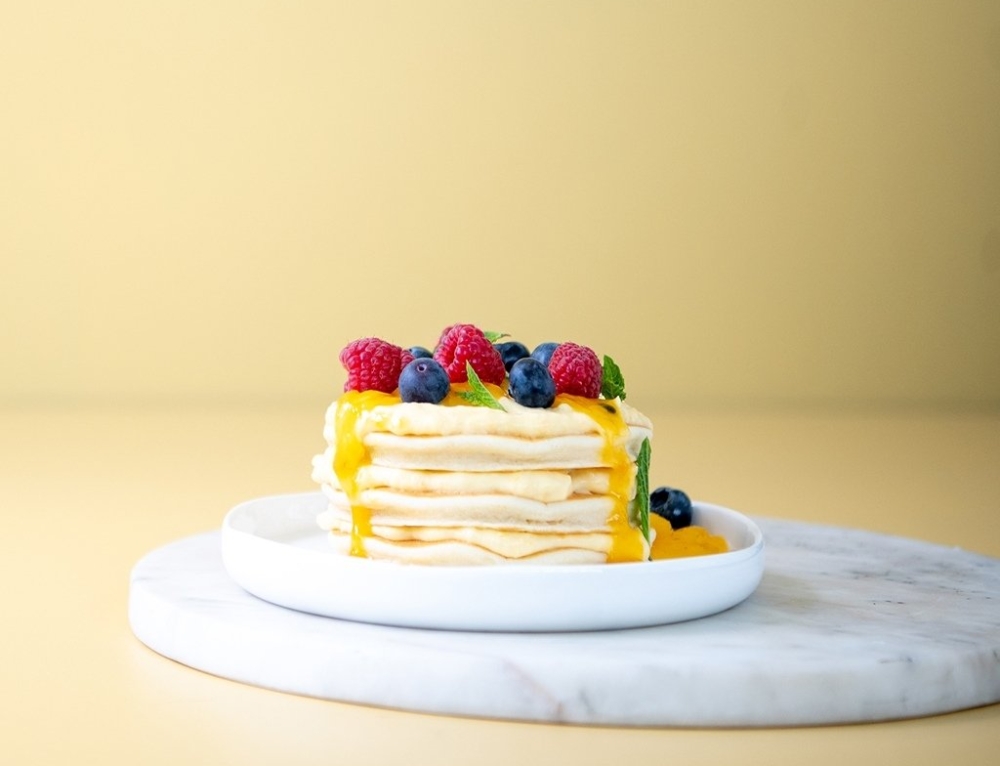Even though many influences shape the development of our children, it’s without a doubt their parents or primary carers who are the most influential. Our children model their attitudes and behaviours on what they see us do. If peer groups and outside influences are the icing, then we are most definitely the cake.
Children are like little sponges, absorbing the actions we make and behaviours we exhibit around food and nutrition. More than likely these were passed on to us from our observations of our own parents (good and bad). Their preferences shaped how we choose the foods we do, how we deal with our emotions and the connection we make between our body image and food.
So how do you go about teaching the correct habits and a positive food relationship?
Modelling a healthy relationship with food is generally the best way to teach our children good choices from bad. If there was ever a reason to rid yourself of unwelcome food habits, then setting a good example to your kids is it. Resolve to adjust issues such as an addiction to sugar, a diet that’s lacking in fruit and vegetables, being overweight (or constantly fluctuating in weight), or drinking too much alcohol. Kids pick up on this stuff and it’s their honesty that can teach us a lot about what we eat. Awareness married with a few strategic baby steps will put you on your way to a healthier you!
Begin by setting yourself a 21-day goal around the behaviour you would like to change (a set time frame gives you something to work towards). Next, write down at least three reasons why you want to make this change. Then note the obstacles that might get in the way of reaching your goal and list the ways you could overcome the obstacles. Recognise any resistance to change you are feeling and try to push through this by visualising how you will feel when you succeed in changing your habit. Identify that first step you need to take to push past your obstacles (even if they are only in your head!) and move forward towards your goal. Remember, baby steps lead you to the mother of results.
Until you feel like you’re on the right track, it’s going to have to be a case of ‘do as I say not do as I do’. Here are some savvy ways to keep your habits to yourself until you get where you want to be.
Bite your tongue
It’s probably not a good idea for your kids to hear about every diet you are on or the foods you’re avoiding. This can lead to distorted beliefs, especially for young girls, and can create beliefs around food that lead to lifelong struggles. Keep quiet around the kids about the changes you are making and any negativity you feel.
Live the moment
Even if you’re on a no-sugar, gluten-free, carb-free, etc diet, show your kids you can still enjoy special moments such as birthdays, special treats and celebrations (including the cake). Don’t put your life – and theirs – on hold while you wait for changes to take place.
Love yourself
What our children hear us saying about our bodies (in the media as well) changes the way they feel towards their own appearance, so try and keep the negative chatter to a minimum. Throw your towel off and be proud off your body at the beach and what it can do – you can bet your kids are only interested in the fact you’re swimming with them and having a great time.
Encourage exploration
Sharing food play is a great way to model good food behaviour. Our kids love to offer their lunch/snacks, but instead of shutting them down straight away, politely say something like, “No thanks, I’m really full from my own lunch,” or, “I’d rather not spoil my appetite for the lovely salad wrap I’m about to have.” Keep the positive vibe going around healthy food.
White lies
Sometimes we just get plain caught out. Even if you think you’ve got away with sneaking in a piece of chocolate, they’ll smell it on your breath from a mile away. So what do you say to this? Small white lies are useful here and they are not necessarily completely untrue. Something along the lines of, “This is an adult drink/ food” or, “I have exercised extremely hard today and need some energy” or even, “I’m four times the size of you” can help them put it into perspective.
When all else fails, just wait until they go to bed!
In all seriousness though, now is a great time to improve yourself so you don’t feel like you have to repeatedly hide/explain your actions to be a positive role model to your kids. No parent I know is perfect and I’m not implying you try and achieve this status, but it gives you a chance to show your kids that the key to a healthy diet is balance and the occasional treat is all part of enjoying life.







Leave A Comment
You must be logged in to post a comment.